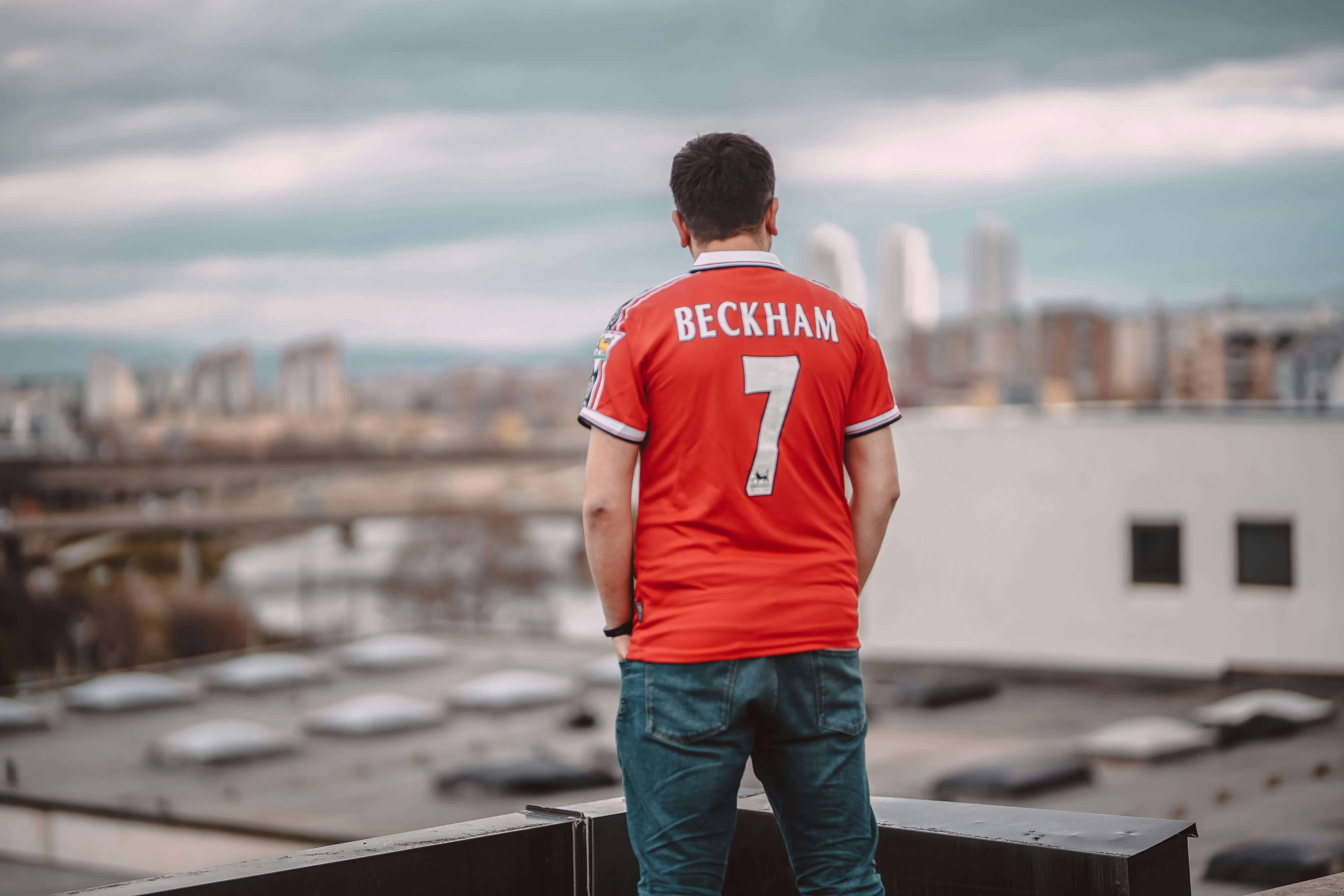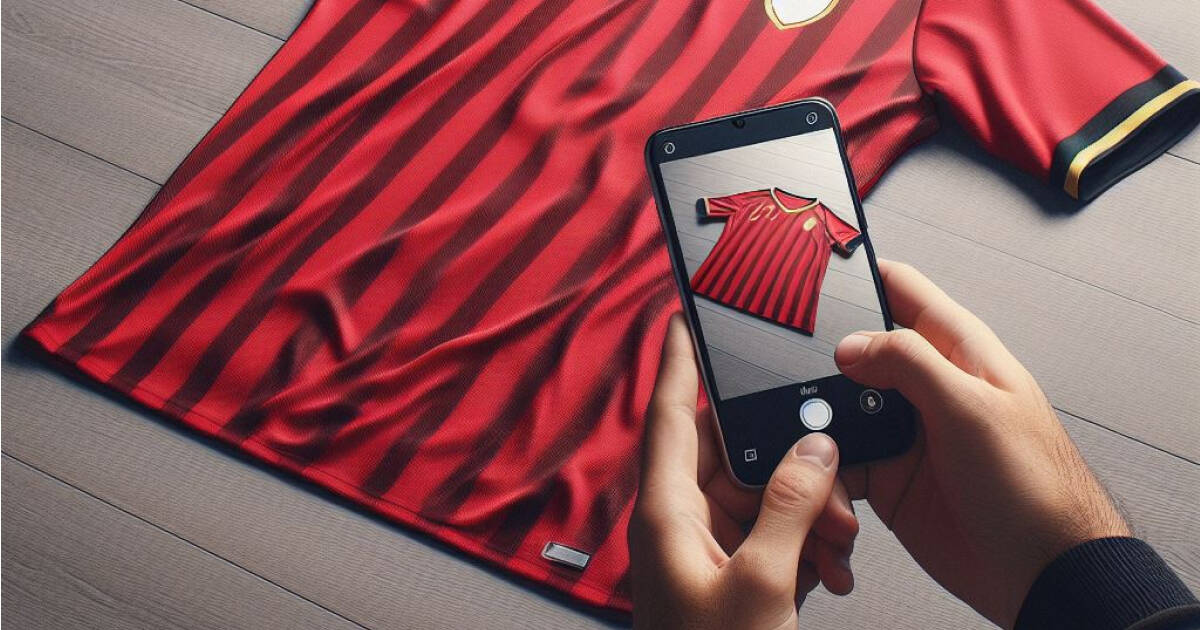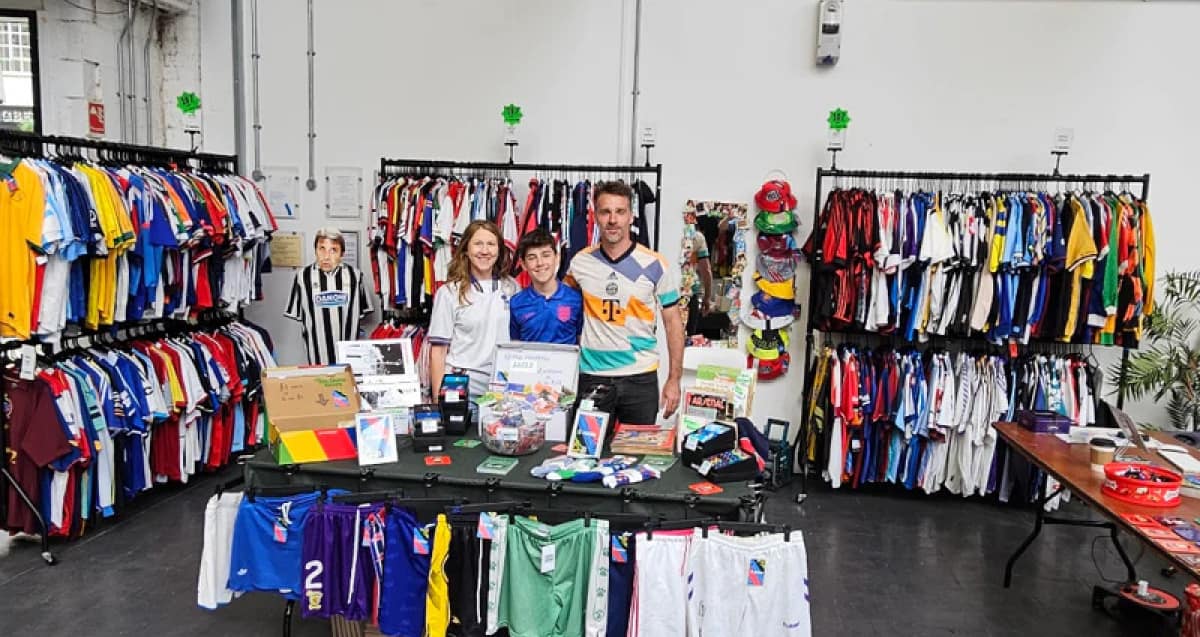Unintentional Encounters with CounterfeitsOnline shopping has revolutionized the way we acquire sports gear and memorabilia. However, it has also become a breeding ground for counterfeit products. A 2017 study highlighted by Forbes.com found that 39% of all unwitting purchases of counterfeit goods occur through online third-party marketplaces. It’s a staggering statistic, underscoring the ease with which counterfeiters can infiltrate these platforms.
The Fallout of Unintentional Counterfeit PurchasesThe impact of these unintentional purchases extends well beyond financial loss. In the last year alone, nearly a quarter of UK consumers have been ripped off due to unintentionally buying counterfeit goods. While the vast majority of online shoppers, 92%, are aware that counterfeit products are advertised and sold online – three-fifths of this group confess that they struggle to distinguish between genuine and fake products.
Three out of five UK consumers are unable to distinguish between genuine and fake products.
Lost Trust and Brand DamagePerhaps most alarmingly, 66% of those who have fallen victim to counterfeit purchases have lost trust in the associated brand. Perhaps this is the reason Nike and Birkenstock were two highly visible, public exits from Amazon – driven primarly by counterfeiting concerns. These statistic highlights the damage counterfeit goods can do to the reputation of legitimate brands – even those doing their best to fight fakes. The trust that took years to build can crumble in a matter of moments.
Negative Experiences Leave a MarkThe repercussions don’t stop there. Negative experiences related to online shopping and unintentional counterfeit purchases often lead to drastic measures. According to Smart Protection, 30% of consumers stop shopping on that specific online channel, while 28% leave a negative review with the official brand – often also stopping their purchases from said brand.
39% of all unwitting purchases of counterfeit goods occur through online third-party marketplaces.
The Power of Word of MouthConsumers aren’t shy about sharing their experiences. In fact, RedPoints found that 52% of those who unintentionally purchased fake sporting goods said they would warn their friends and family against buying anything from that particular brand. The impact of word-of-mouth can ripple through fan communities and social networks, often damaging the brand’s reputation and the source from which a fake product was purchased from.In a world where consumer trust and loyalty are paramount, unintentional encounters with counterfeit sports goods can be profoundly damaging, not only financially but also in terms of brand image.Learn more about fakes and counterfeiting on KitLegit and connect with us to share your experience with counterfeits.


